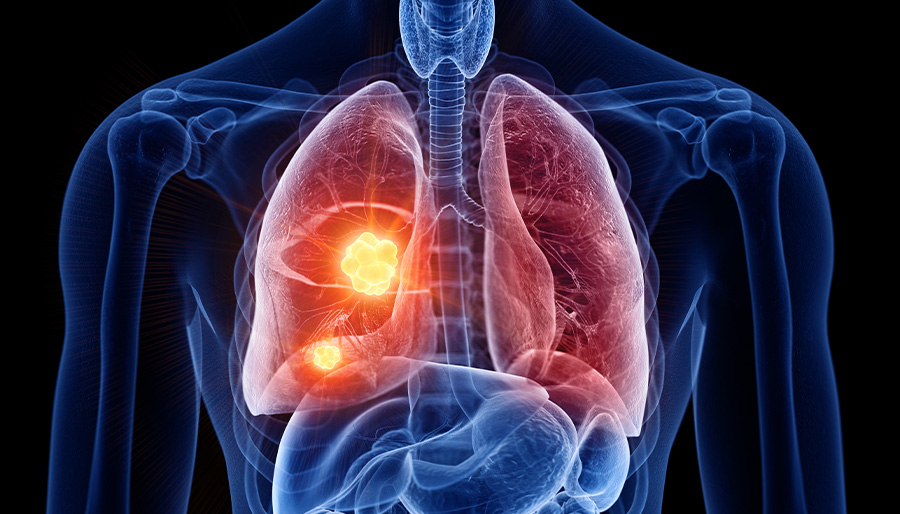Lung disease compensation helps offset the debilitating and financial burden of this serious condition when developed as a result of exposure to harmful substances at work. If you have been diagnosed with a lung disease that you believe is work-related, you may be entitled to compensation in New South Wales (NSW), Australia. However, proving that your lung disease is work-related can be a complex process. In this blog, we will outline some key steps you and your Lawpoint workers compensation lawyers can take to prove that your lung disease is work-related.
Step 1: Seek Medical Attention
The first and most important step is to seek medical attention from a qualified medical practitioner. A medical professional will be able to diagnose your lung disease and determine the most likely cause. This will assist to determine if it is work-related. They can also provide medical evidence that will be essential in supporting your compensation claim. If you suspect that your lung disease is work-related, it is important to inform your doctor of your work history and any potential exposures to harmful substances.
Step 2: Get a Diagnosis
A diagnosis is an essential component of proving that your lung disease is work-related. Your medical practitioner will need to provide a diagnosis of your lung disease and the cause of the disease. This will require a thorough medical examination, including lung function tests, x-rays, and CT scans. Your medical practitioner will then provide a written medical report detailing the diagnosis and any causal links to your work.
Step 3: Document Your Work History
It is important to document your work history. This includes details of the type of work you have performed, the materials you have worked with, and any other potential exposure to harmful substances. Your work history will help to establish a link between your lung disease and your work.
Step 4: Gather Evidence of Exposure
You will need to provide evidence of exposure to harmful substances at work. This may include workplace records, witness statements, and other documentation. You will need to demonstrate that you were exposed to the harmful substances that are known to cause lung disease and that the exposure occurred during your employment.
Step 5: Seek Legal Advice
It is important to seek legal advice from a qualified workers compensation lawyer. One of Lawpoint’s highly experienced solicitors can guide you through the compensation claims process, advise you on the evidence you need to provide, and help you to negotiate a fair settlement with the insurance company.
Step 6: Expert Evidence
Our workers compensation lawyers will take your history and review all of the material you have gathered. We will then obtain expert evidence to support your claim, which is essential in proving that your lung disease is work-related. The experts will provide evidence of the nature and extent of your disease as well as evidence as to the link between your lung disease and your employment.
Step 7: File a Claim
Once our lawyers have gathered all of the necessary evidence to support your claim, you can file a claim for compensation. Lawpoint will guide you through the claims process and negotiate with the insurance company on your behalf to ensure that best possible outcome.
In summary, proving that your lung disease is work-related for compensation purposes in NSW can be a complex process. You will need to seek medical attention, get a diagnosis, document your work history, gather evidence of exposure, obtain expert evidence, seek legal advice, and file a claim. By taking these steps, you can increase your chances of a successful compensation claim and receive the compensation you are entitled to.
For expert guidance and assistance on your compensation matter, contact Lawpoint today.
Liability limited by a scheme approved under Professional Standards Legislation. This post provides a general overview and should not to be relied upon as legal advice or as a substitute for legal advice or as giving rise to a solicitor / client relationship. If you want advice specific to your circumstances, please contact us to arrange an appointment.



